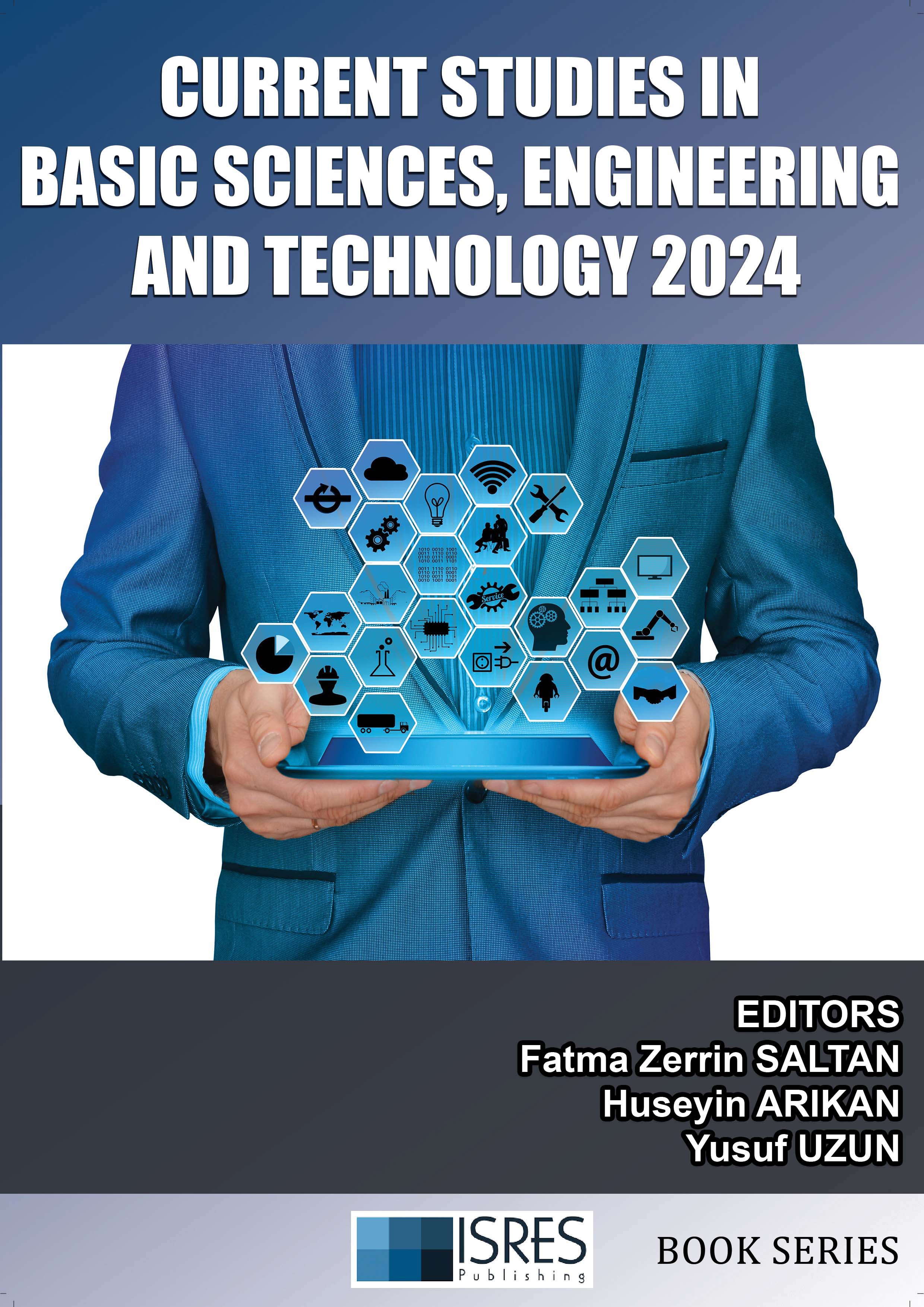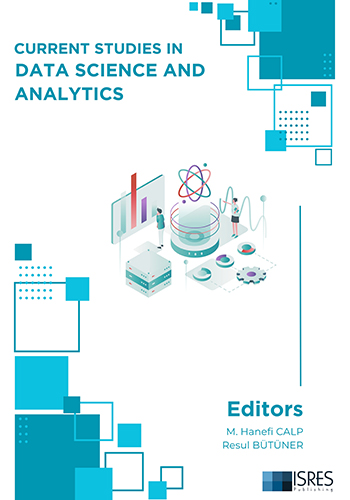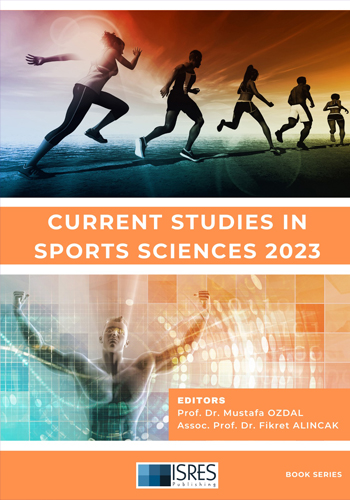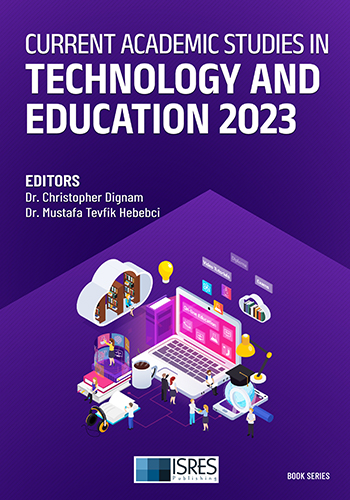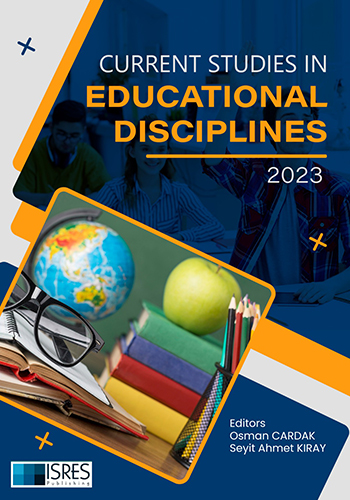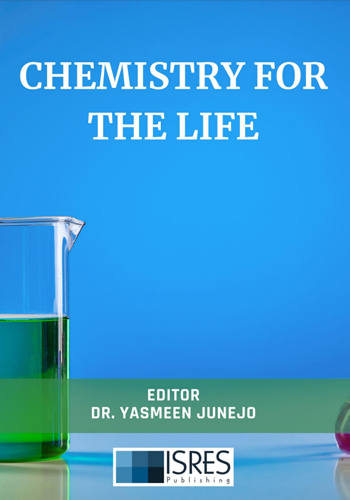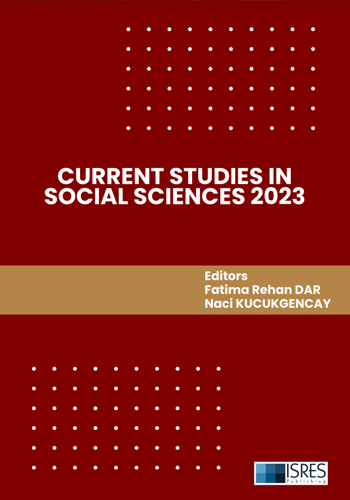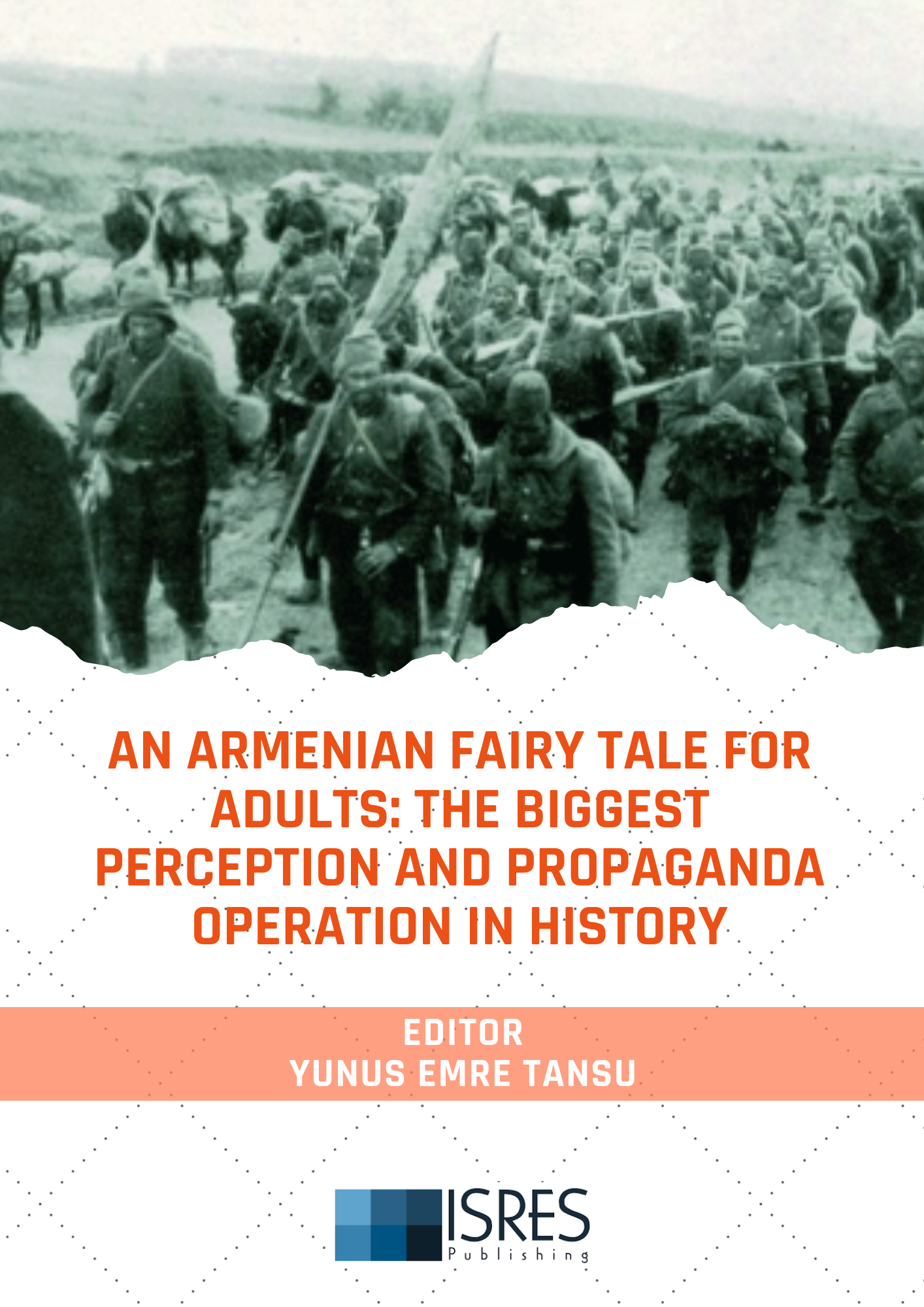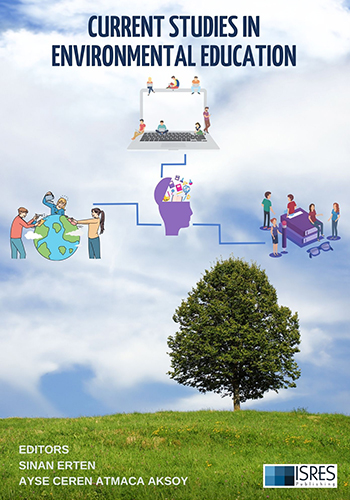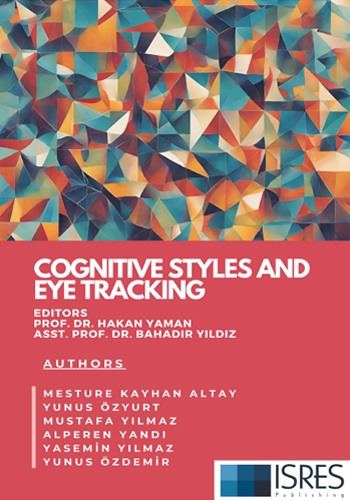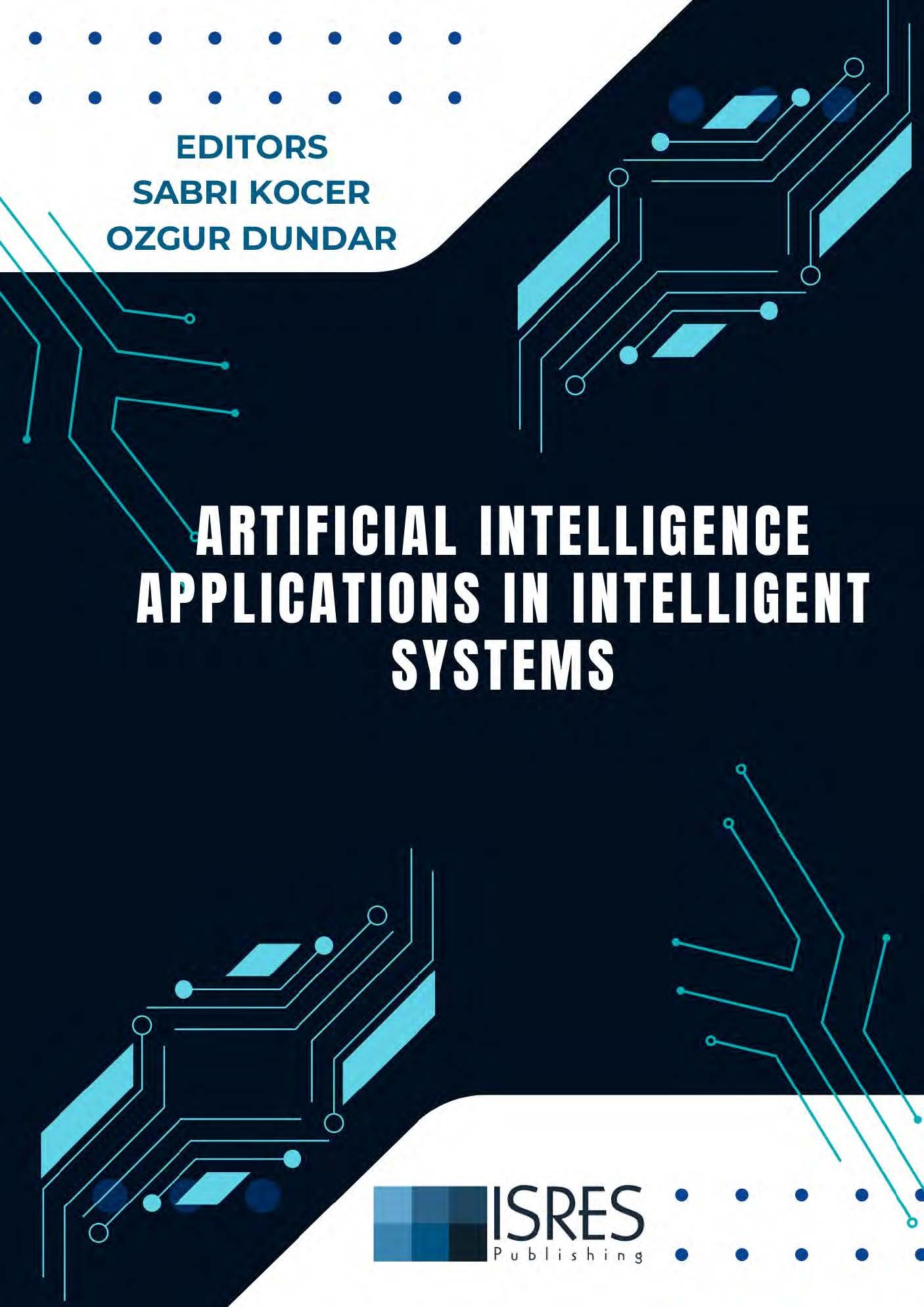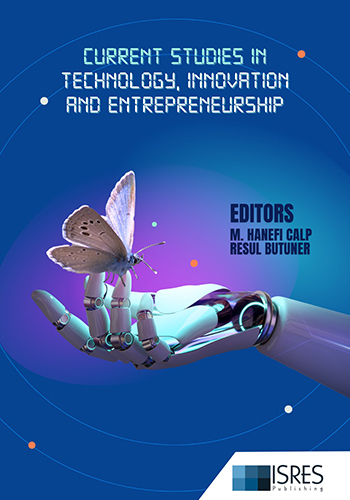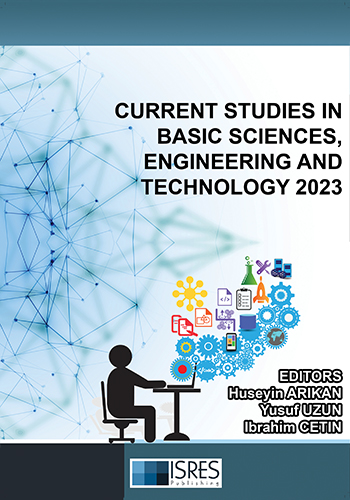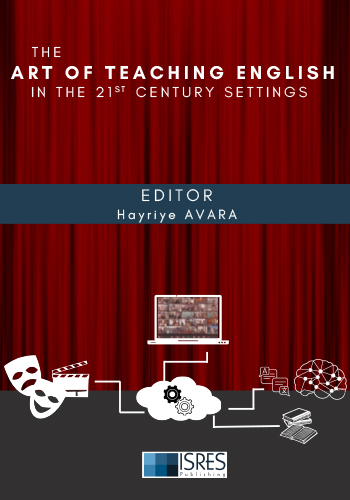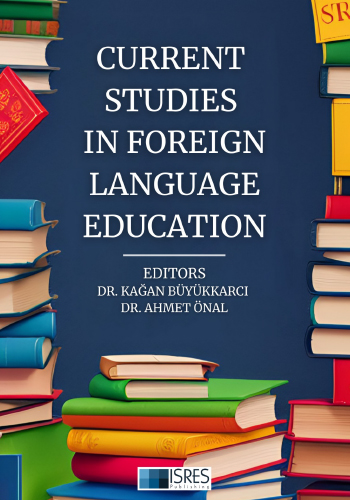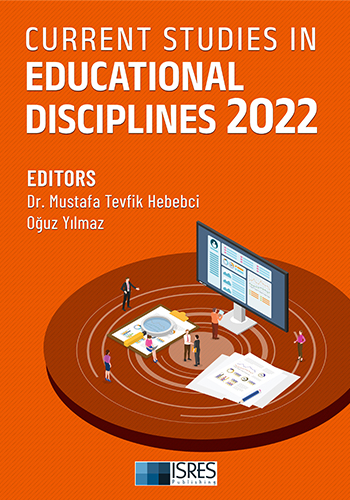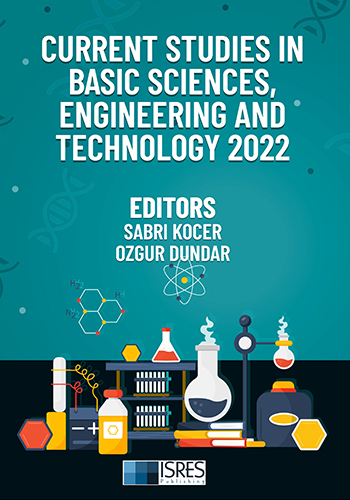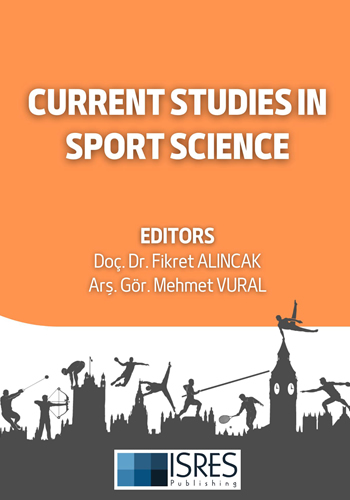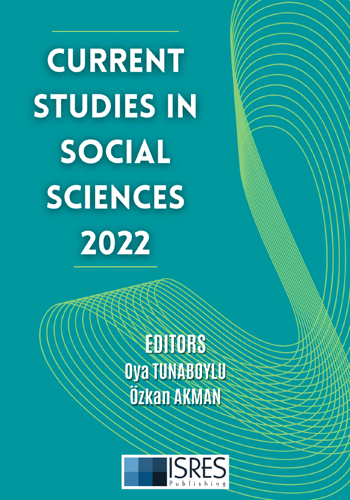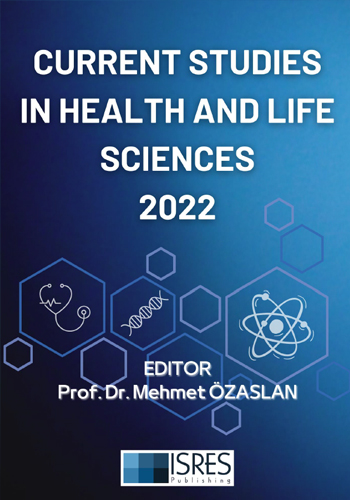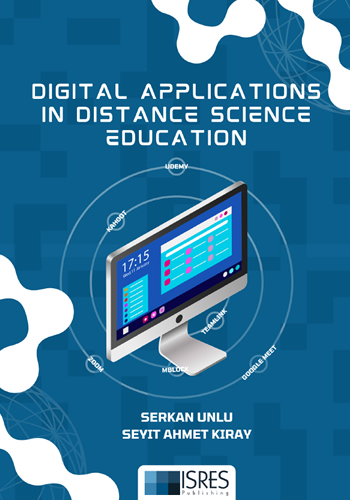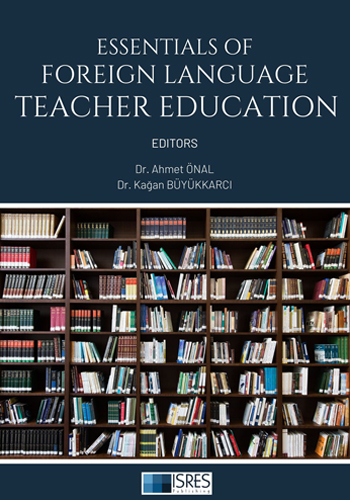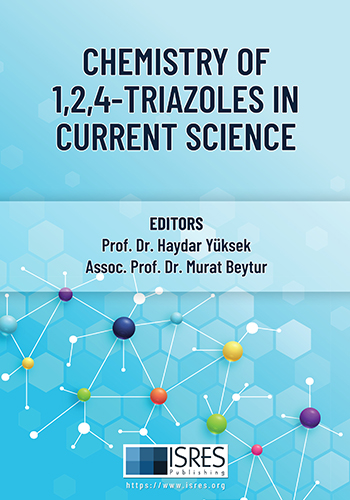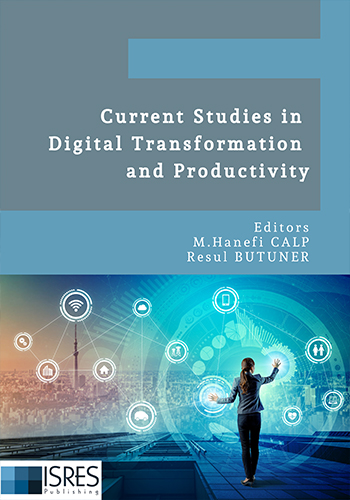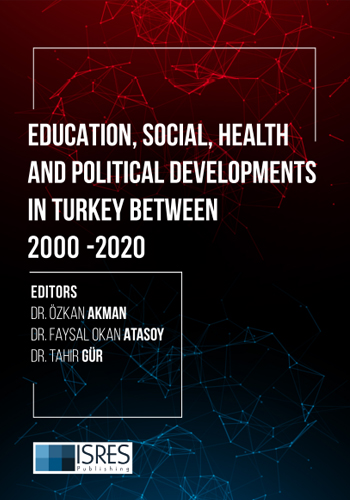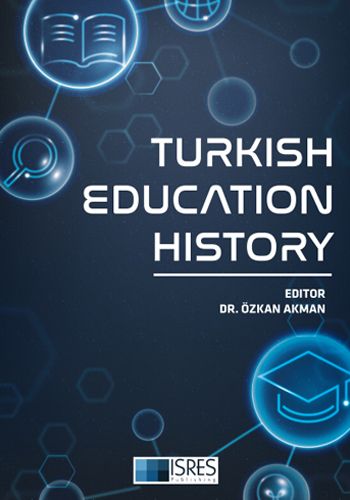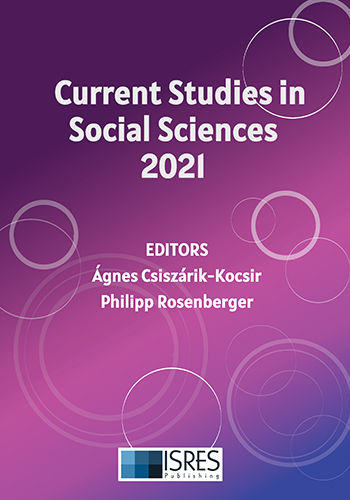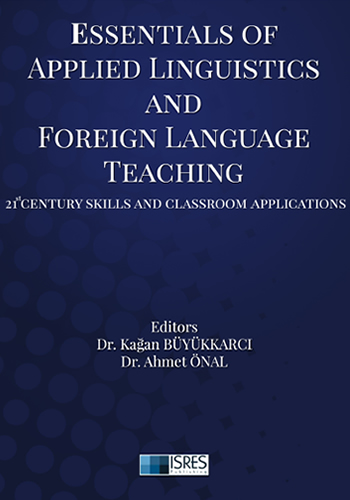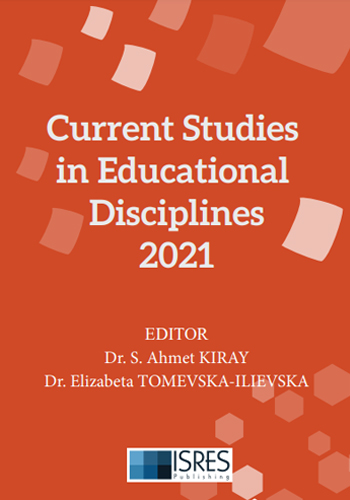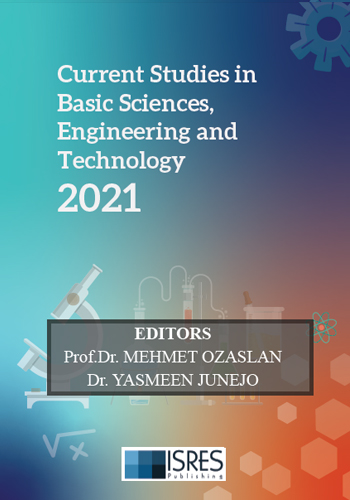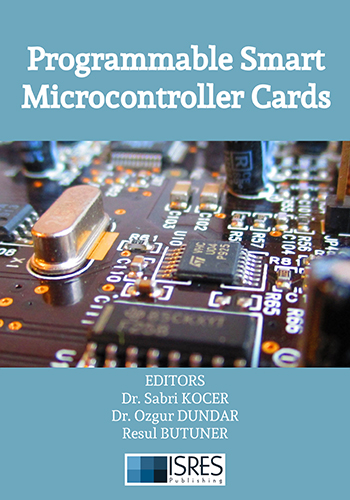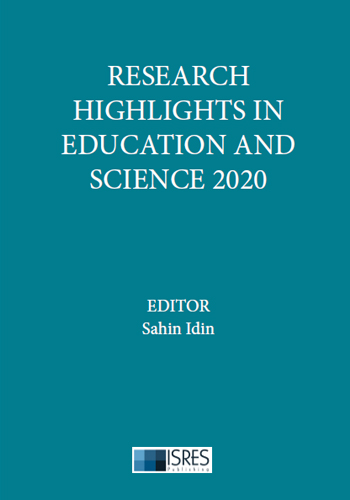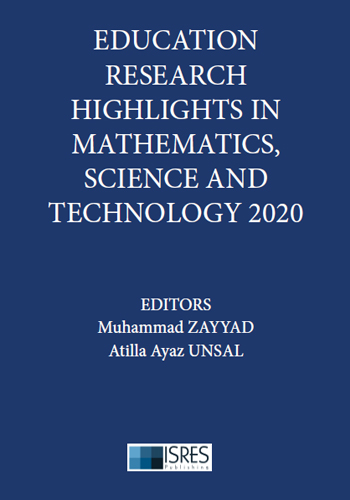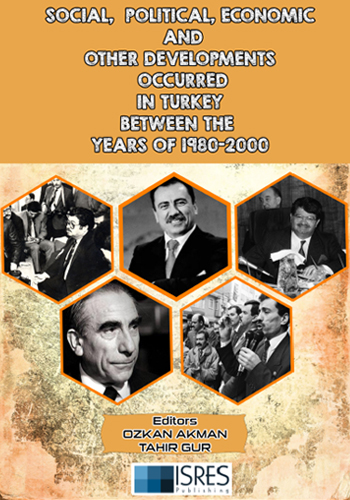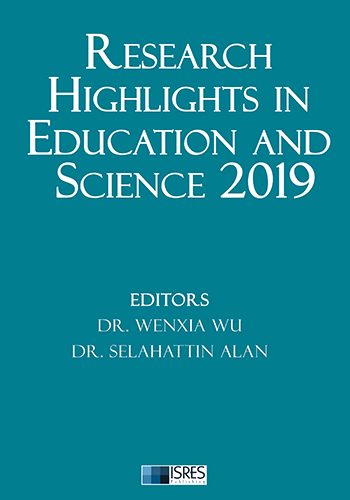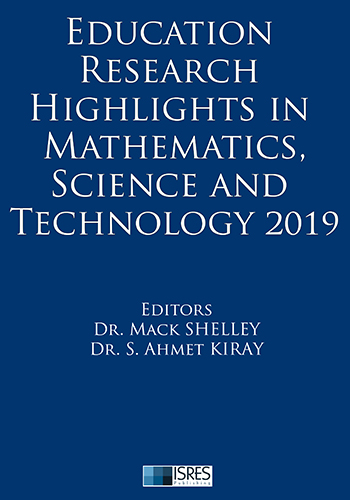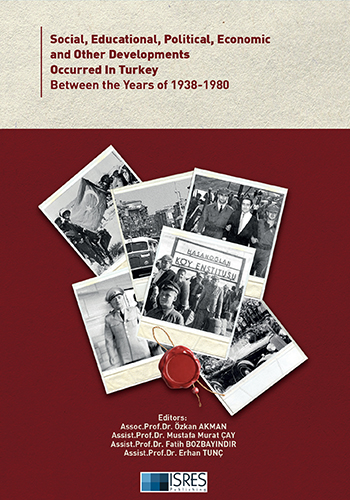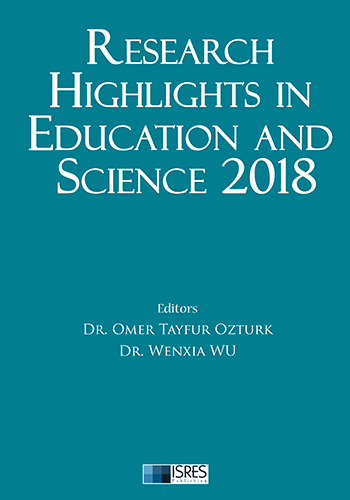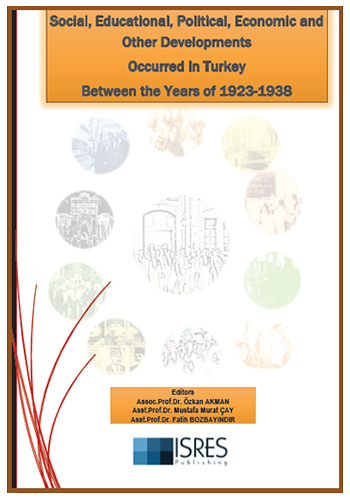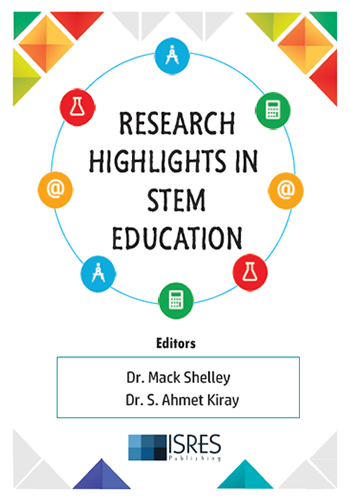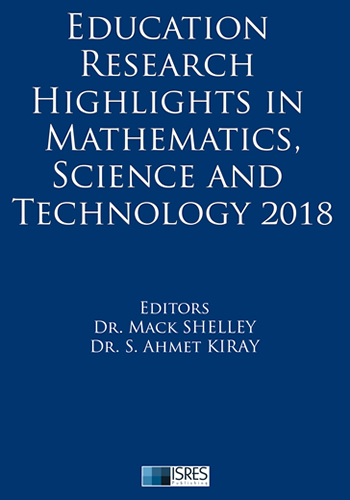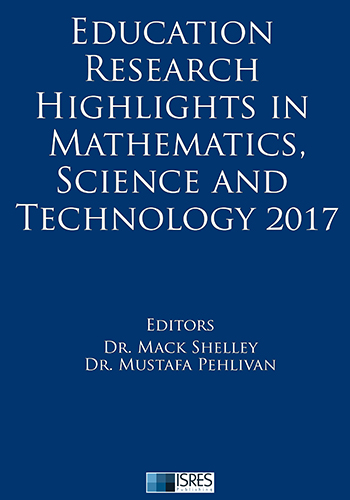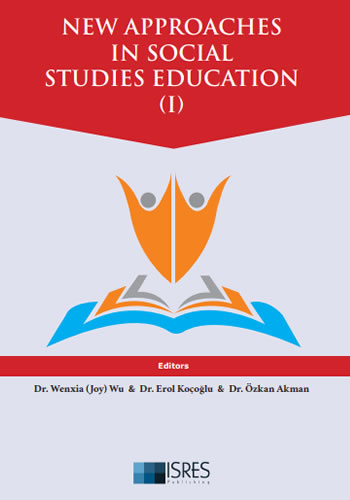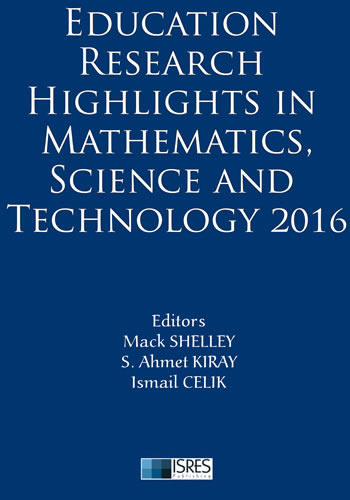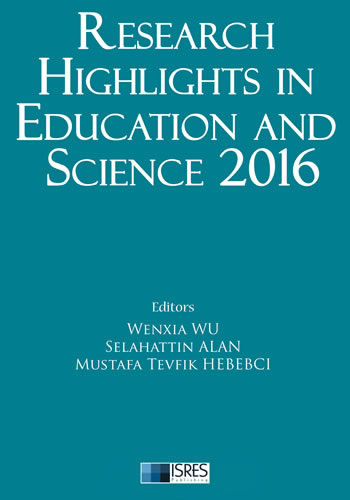Abstract: Problem solving is quite important for physics and physics education. Besides, it is essential for students to develop the scientific and analytical thinking processes. These processes can be taught to students with the help of the scientific and analytical thinking. Generally, instructors solve some fundamental quantitative problems regarding the subjects after they teach the subjects in the traditional instruction model. Students also prefer to memorize some solution ways of the problems by using basic equations or formulas concerning the problems instead of learning and understanding the solution ways of the problems. These kinds of approaches do not lead to sufficient learning for the students. Solely, knowing the fundamental equations/formulas are not enough for problem solving. The instructors need to more concentrate on teaching of the qualitative problem solving. Therefore, this study investigated the effects of quantitative and qualitative problems on students' problem-solving performances. The study was conducted with 80 university students. The students were asked four classical physics problems and 20 multiple choice questions in the final examination. The content of classical problems was about “Newton's Laws” and “Work and Energy”. Students' classical physics problem solutions with the help of designed assessment rubric and determined problem solving strategy steps were analyzed and reported. Some suggestions in the light of investigation were presented in the end of the research.
The Comparisons of Quantitative and Qualitative Problems on Students' Physics Achievement
Research Highlights in Education and Science 2017
Editors: Dr. Mustafa Pehlivan, Dr. Wenxia Wu
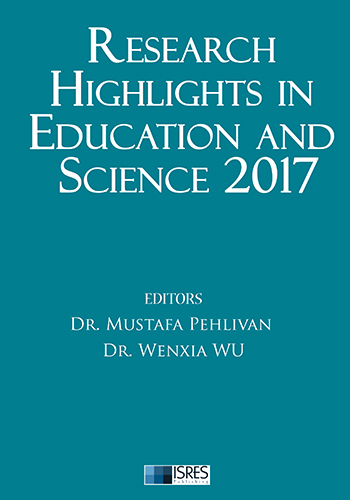
6280
The Comparisons of Quantitative and Qualitative Problems on Students' Physics Achievement
Chapter Authors: Tolga Gok
Pages: 91-99
Other Chapters
Pragmatism and Its Implications on Teaching and Learning in Nigerian Schools
Joseph Olusola Adeleye
More Info Pages: 2-6
Issues with Career and Technical Education and Diploma Options in The United States: A Deeper Look into Georgia
Aaron Douglass Talley, Angela Christine Fain, Cynthia Head
More Info Pages: 7-19
Ethical Issues in Engineering Education Curriculum
Farhad Balash, Ameneh Alipour, Ensieh Habibi
More Info Pages: 20-25
Geographical Thinking Approach In Geography Education
Abdullah Balciogullari
More Info Pages: 26-32
Content Analysis of The Turkish Coursebooks For Pre-School Children (50-74 Months-Old)
Banu Uslu, Aysel Cagdas
More Info Pages: 33-39
Language Teaching Curriculum of Turkey and Singapore in The Context Of Reading-Writing Acquisitions
Esra Ay Karacuha, Ahmet Cebi
More Info Pages: 40-52
Psychosocial Variables That Affect Students' Effort in Mathematics
Wajeeh Daher, Fakher Al-Khalili, Yasmin Abu-Kayyas
More Info Pages: 53-66
The Investigation of The Effects of Robotic-Assisted Practices in The Teaching of Renewable Energy Sources to Science Teachers Candidates
Sibel Acisli
More Info Pages: 68-74
Can We Change Attitude Toward Physics? Outcomes of Technology Supported and Laboratory Based Instructions
Feral Ogan-Bekiroglu, Onur Oymak
More Info Pages: 75-80
The Comparisons of The Fractional Gain in Conceptual Learning by Using Peer Instruction
Tolga Gok
More Info Pages: 81-90
The Comparisons of Quantitative and Qualitative Problems on Students' Physics Achievement
Tolga Gok
More Info Pages: 91-99
Where Have All The Tablets Gone? An Examination of The Technology Purchasing Habits of Suburban Texas School Districts
Joshua W. Tabor, Mary Margaret Capraro, Bugrahan Yalvac
More Info Pages: 101-113
A Design of Educational Computer Game
Ali Ozdemir, Aysegul Alaybeyoglu, Kadriye Filiz Balbal
More Info Pages: 114-135
Pedagogical Approach to Use Interactive Board in Math and Science Classes for 6th Grade in Palestinian Schools
Karram Omar
More Info Pages: 136-142
Evaluation of Mathematical Games in Terms of Educational Aspects: Android and Web Applications
Ayfer Alper, Tuğçe Gencoglu
More Info Pages: 143-149
Evaluation of The Use of Flipped Classroom Based Tutorials in “Mathematics for Chemists” Course from Students’ Perspective
Ahmad Aljanazrah, Franz Josef Schmitt, Thomas Friedrich
More Info Pages: 150-155
Pre-Service Teachers’ Technology Integration and Their Technological Pedagogical Content Knowledge (TPCK)
Feral Ogan-Bekiroglu, Ozge Karabuz
More Info Pages: 156-164
Budapest/Hungary Conferences - August 28-31, 2025
We are pleased to invite you to ISRES conferences, which will be held at Obuda University/Budapest/Hungary on August, 28-31, 2025. The following conferences will be held in Budapest/Hungary:...
15.01.2025
Trabzon/Türkiye Conferences - May 01-04, 2025
ISRES Spring Conferences - Trabzon/Turkiye SOCIAL SCIENCES – May 1-4, 2025, Trabzon, Türkiye * 5th International Conference on Social Science Studies - IConSoS2025 ...
11.12.2024
Peja/Kosovo Conferences - July 10-13, 2025
We are pleased to invite you to our conferences, which will be held at University of Peja Haxhi Zeka on July, 10-13, 2025. The following conferences will be held in Peja/Kosovo: - 7th Internat...
28.11.2024





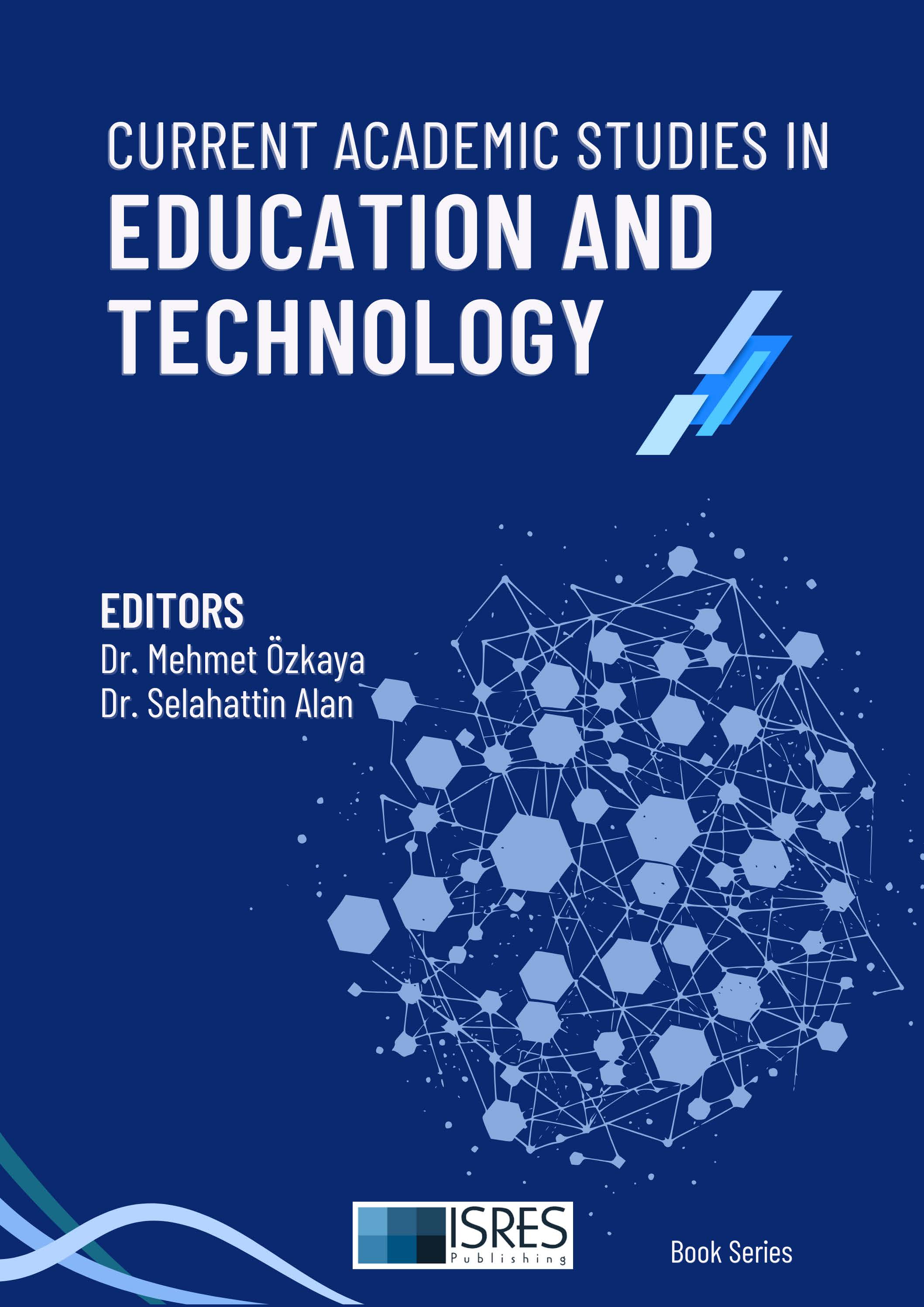


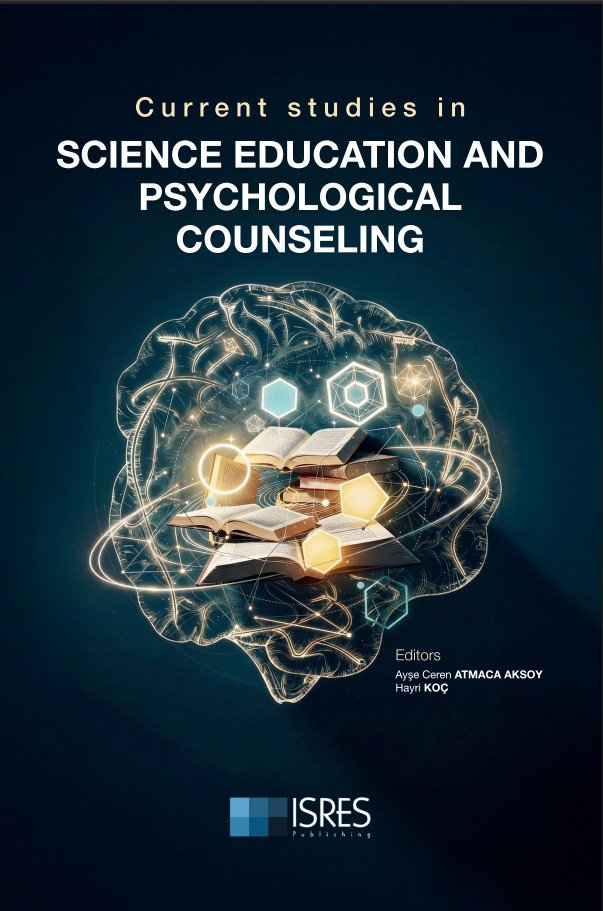
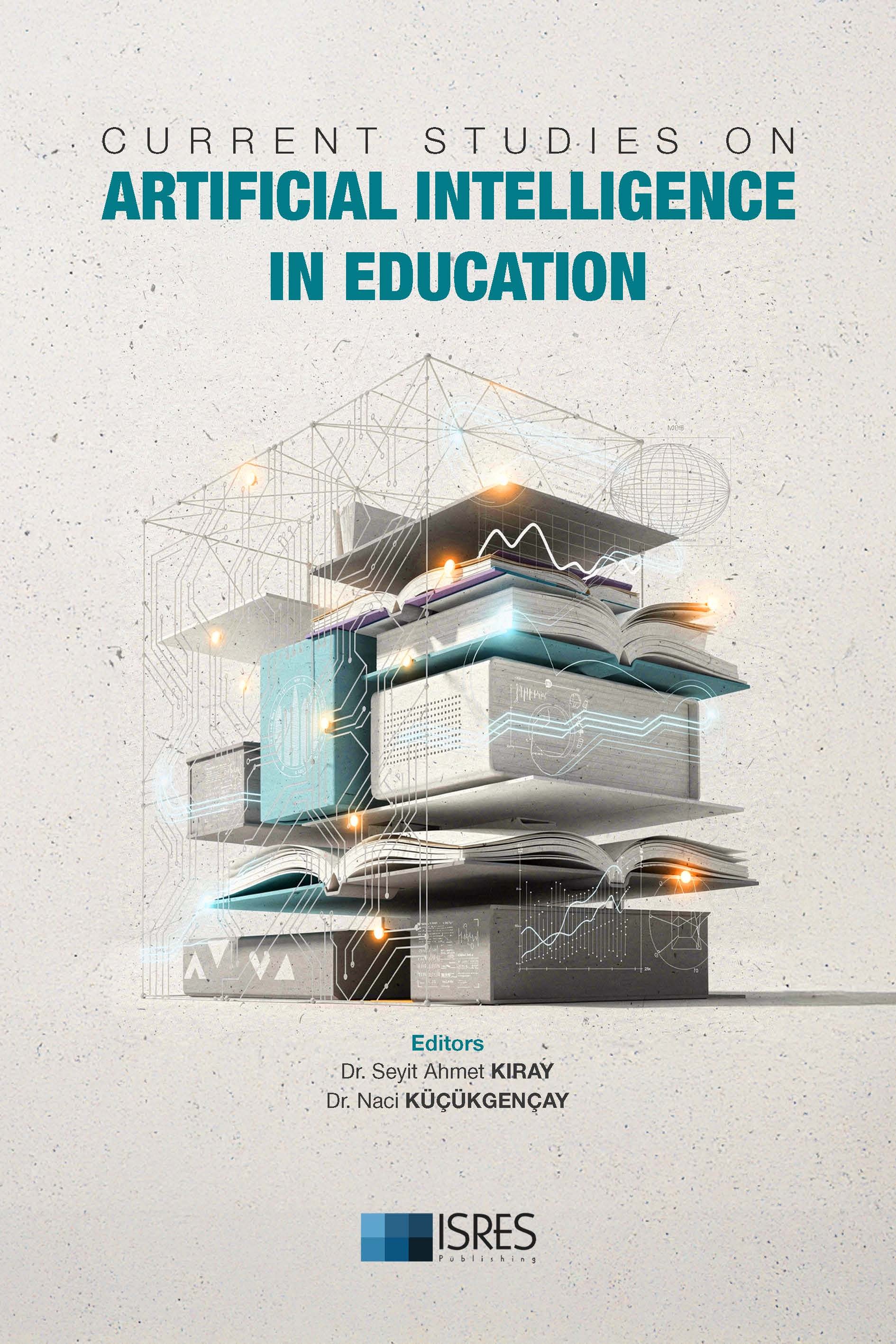
_Sayfa_001_23-12-2025.jpg)
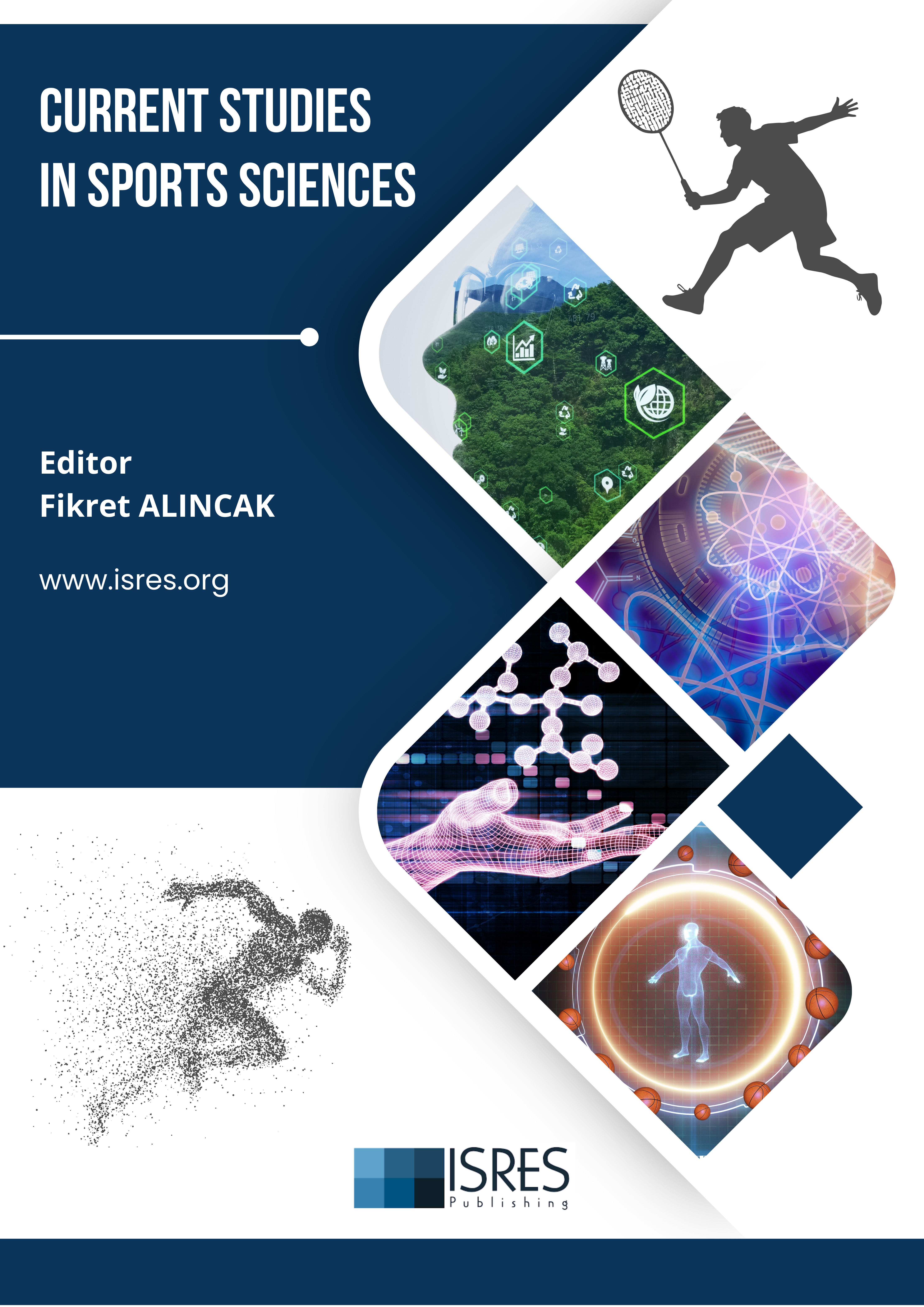


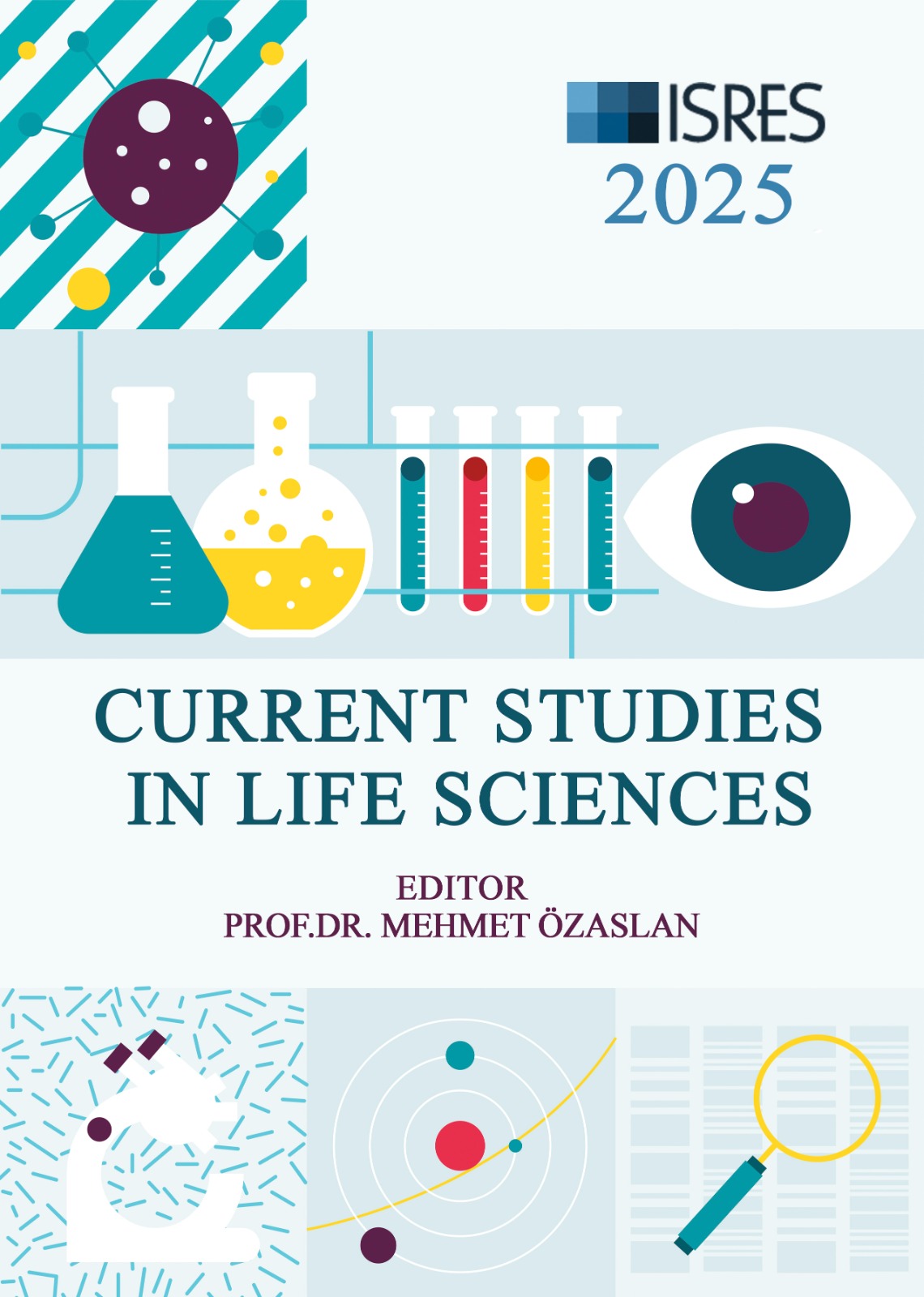
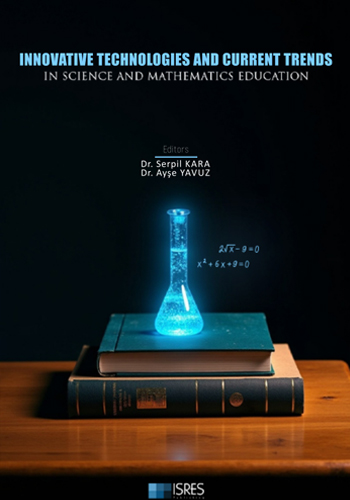


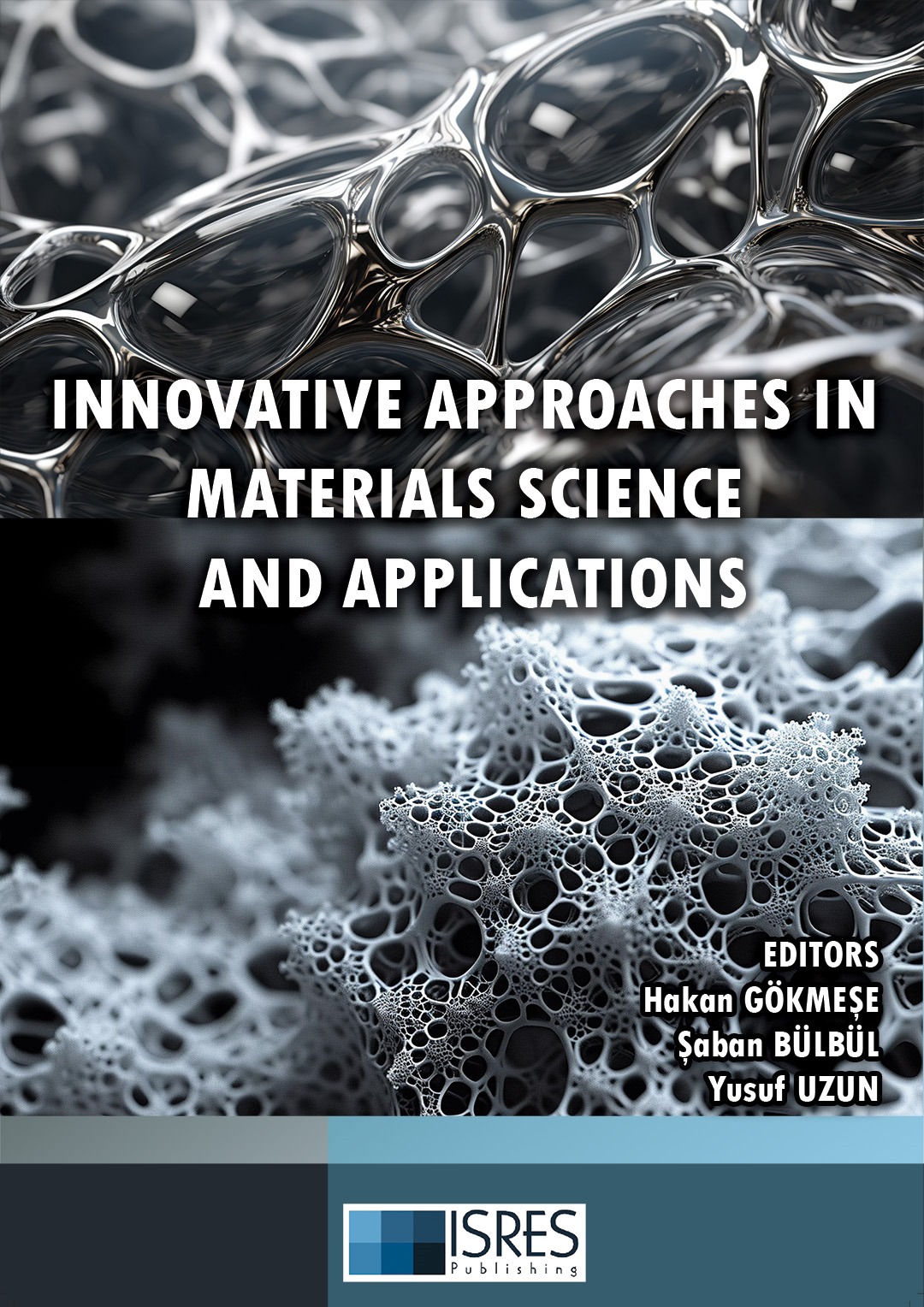


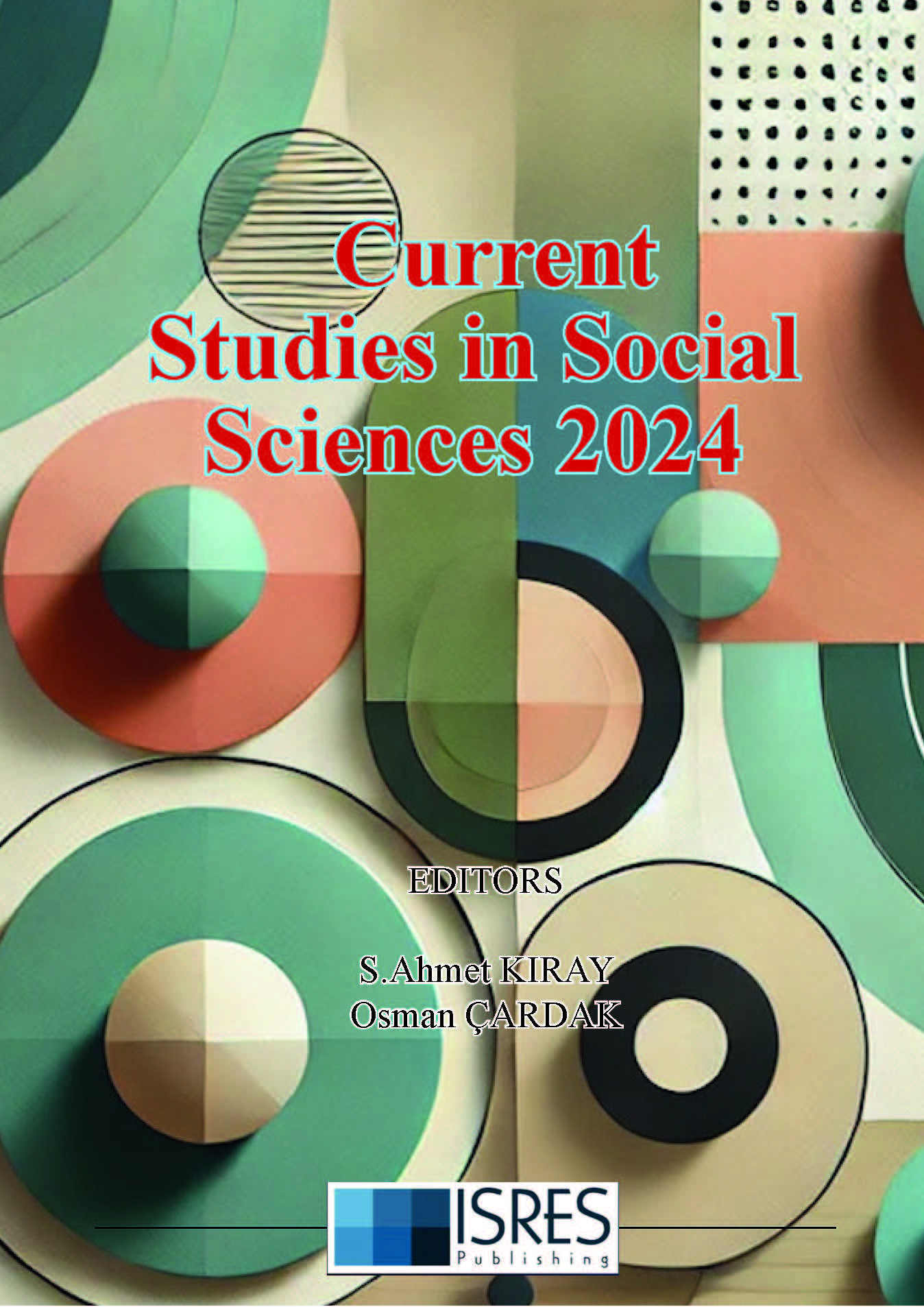
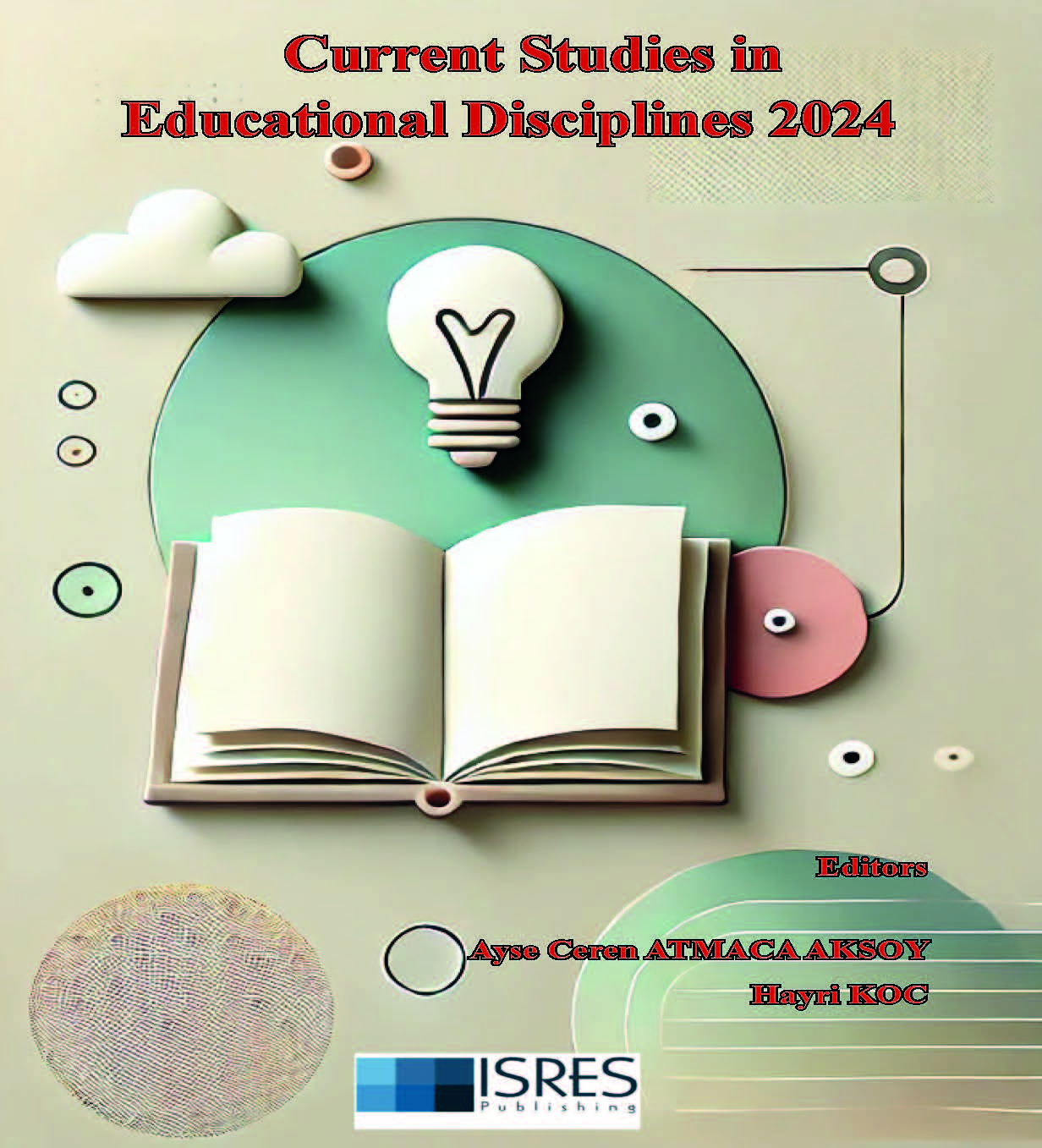
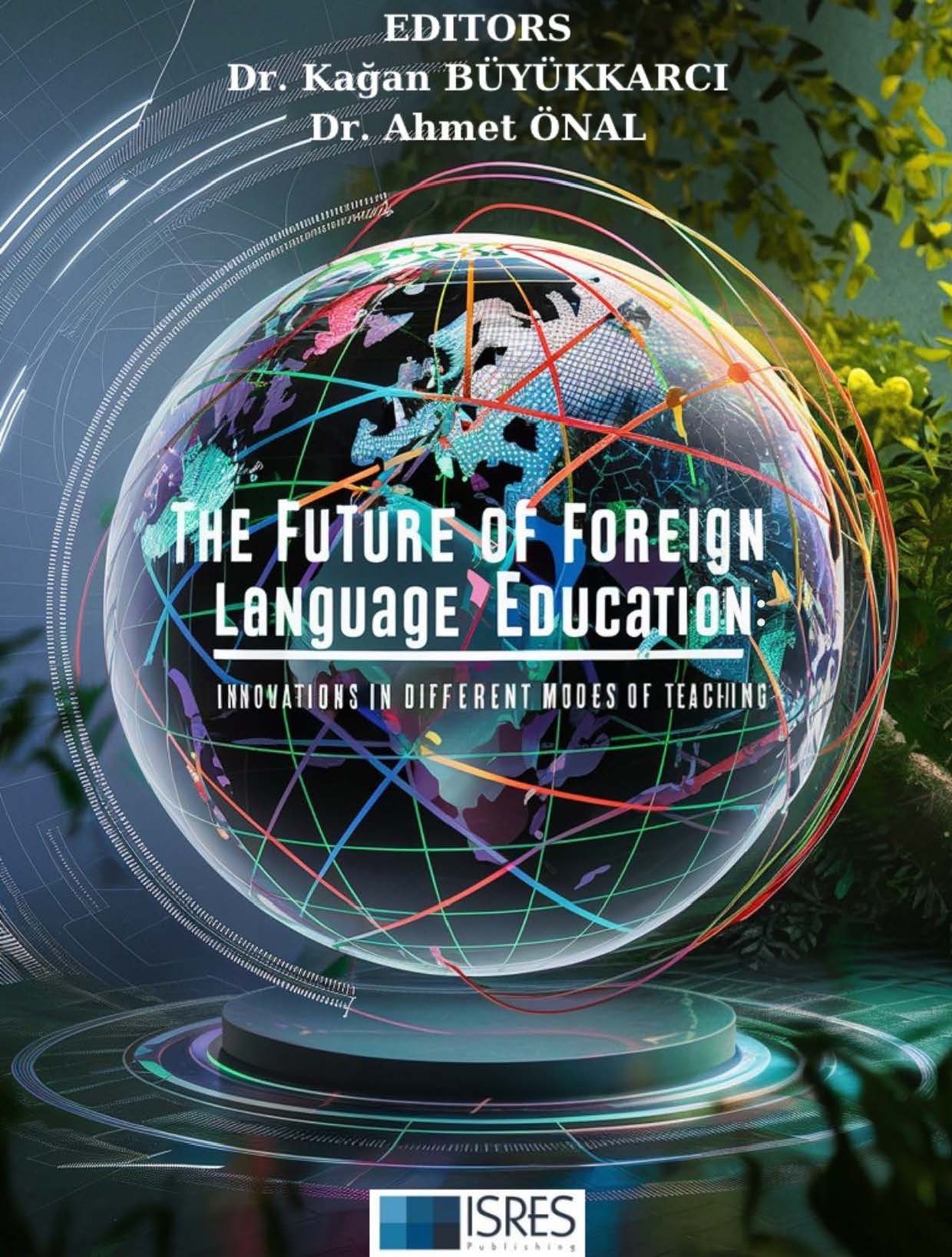
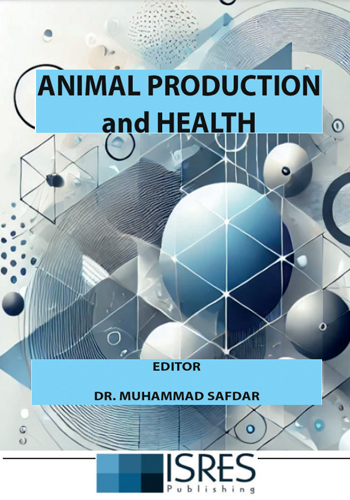
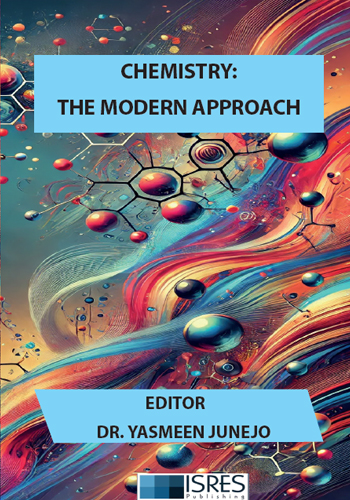
 (1)_16-12-2024.jpg)

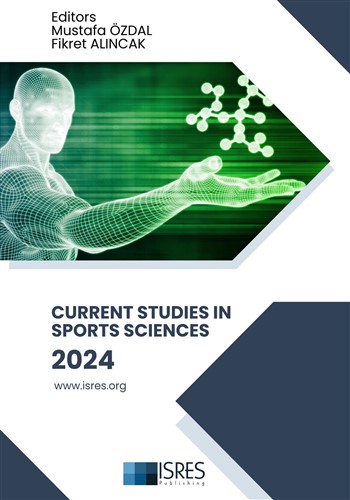
_29-12-2024.jpg)
 (1)_01-01-2025_10-03-2025.jpg)

_01-01-2025.jpg)
